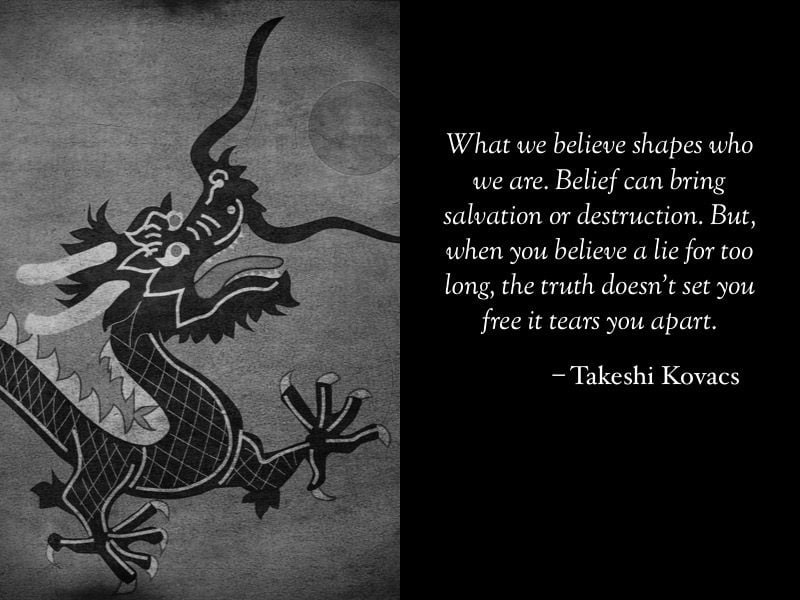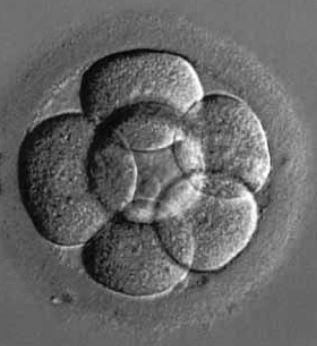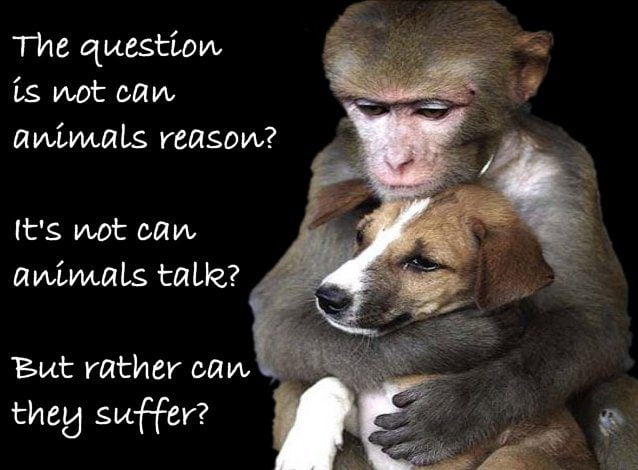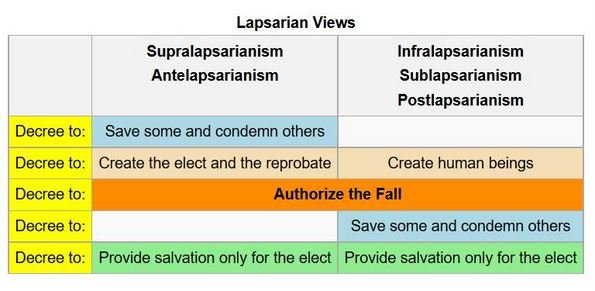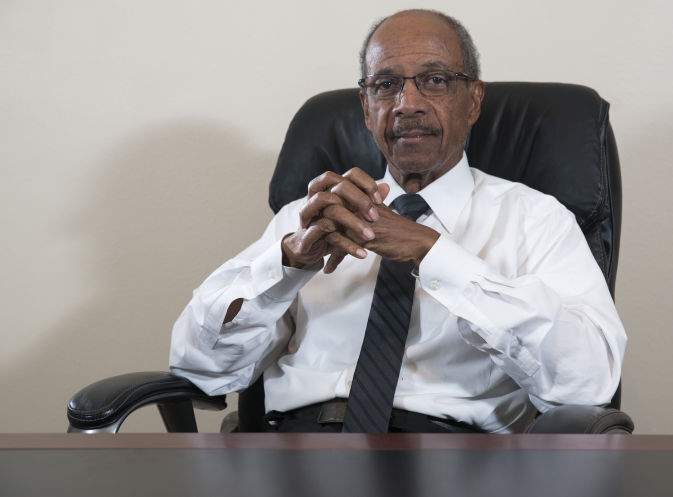
The Black Collar Crime Series relies on public news stories and publicly available information for its content. If any incorrect information is found, please contact Bruce Gerencser. Nothing in this post should be construed as an accusation of guilt. Those accused of crimes are innocent until proven guilty.
Henry Lyons, pastor of New Salem Missionary Baptist Church in Temple Terrace, Florida, spent five years in prison for extortion and money laundering. Lyons used the proceeds of his crimes to feed the hungry and minister to the poor. Just kidding. Lyons used the money to fund his opulent lifestyle. After his release from prison in 2004, Lyons became the pastor of Salem Missionary Baptist. He was fired from his job last year. Now, it seems, Lyons has returned to his old thieving ways, proving yet again that a leopard can’t change its spots.
Corey Johnson, a reporter for the Tampa Bay Times, writes:
Before he was sent to prison nearly 20 years ago, the Rev. Henry Lyons apologized for a litany of sins. Extortion and laundering of church funds. Hidden properties, secret mistresses and an opulent lifestyle that included luxury cars and a personal chef.
But the former St. Petersburg pastor who once presided over the nation’s largest black religious organization never said a word about Rochelle McCanns.
McCanns is a convicted prostitute who rose to an administrative position at Lilly Endowment Inc., an Indianapolis-based philanthropy that is one of the world’s wealthiest charitable foundations.
In the 1990s, records show, Lyons secretly funneled thousands in National Baptist Convention U.S.A. money to McCanns, including $10,000 donated by the Anti-Defamation League for the rebuilding of black churches damaged by arson.
Authorities knew McCanns received the diverted money but she was never charged with a crime. Prosecutors and investigators say they were focused on bigger targets.
Now a Tampa Bay Times investigation finds the relationship between the two continued decades later in a new Lyons’ scheme, this one targeting Lilly’s generosity.
Interviews and records show McCanns and Lyons arranged to have more than $130,000 in Lilly money sent to New Salem Missionary Baptist Church in Temple Terrace, which made Lyons pastor in 2004 after his release from prison. The stated purpose was to help finance youth programs and community service work. Records show most of the funds ended up in accounts controlled by Lyons.
McCanns, 70 and now retired, denies doing anything wrong. She says she never received a dime from Lyons, past or present.
“I don’t have anything to do with Henry Lyons or his money,’’ she told a reporter before abruptly ending a recent interview.
Lyons, 76, who was fired from New Salem last year, did not answer questions about his relationship with McCanns or about bank records that show Lilly money moving in and out of his accounts.
Warren Hope Dawson, his attorney, declined to discuss specifics. He said, however, that there was no contract or church bylaw that prohibited Lyons from opening personal accounts and depositing New Salem money in them.
“Rev. Lyons denies any wrongdoing in connection to the New Salem church,” Dawson said. “Any wrongdoing that was done in the past, he was punished for it, and he accepted his punishment like a man.”
Last summer, the FBI seized a computer and multiple boxes of financial records used by Lyons and his wife from New Salem offices. As is its practice, the FBI will not comment on investigations.
But McCanns acknowledged agents have contacted her. And more recently, church officials say agents have been questioning them. Several said they were asked if they would be willing to testify against Lyons.
Wynie Anderson was the secretary at New Salem for 19 years. When an invoice or donation arrived, Anderson was usually the first to know.
She made bank deposits and notarized property transactions. She scoured the Internet looking for ways to raise money for the church. One day in late 2009, she told the Times, Lyons called her into his office. He told her he had stumbled onto a new grant prospect and needed her help.
The Lilly Endowment of Indianapolis — created by members of the family that built Eli Lilly and Co., the giant pharmaceutical firm — had money the church could get, Anderson said Lyons told her. But there was a twist. Lyons would have to send money to get money.
“He says to me, ‘This funding comes from this endowment where they pay pastors if the pastors give X amount of dollars,’?’’ Anderson said. “I say ‘really?’ He said, ‘Yeah.’?’’
Lilly says nothing like that has ever existed. But the organization does have an “incentive for personal giving” program open only to Lilly employees, who can apply for a 2-to-1 match of every dollar they donate to an outside charity. Employees must certify the donation is coming from them and not from outside individuals or organizations.
For months, Lyons mailed at least $1,500 to a contact at Lilly, Anderson told the Times. When a Lilly check arrived at the church, he told her where to deposit it. For her help with each transaction, she was typically given $300.
Occasionally, Anderson would talk by phone to a woman at Lilly who wanted to make sure the church had the forms it needed.
Her name, Anderson said, was Rochelle McCanns.
From 1975 until her retirement in 2015, McCanns held a number of administrative positions at the Lilly Endowment. The last was overseeing its matching gift program for employees.
The Lilly Endowment is one of the largest private foundations in the world, with more than $10 billion in assets. In a typical year, it awards hundreds of millions in grants, much of it to education and religion programs.
The matching gift program is designed to encourage employee giving.
Between 2009 and 2014, Lilly paid New Salem’s nonprofit arm — New Salem Ministries — $132,200 in matching grants. In each instance, McCanns signed a form certifying she had made the initial contribution personally, according to a statement by Clay Robbins, the Lilly Endowment chief executive.
At the time, the church charity provided food for the poor, child day care, an after-school program and other social services. It was supposed to receive $20,000 in 2009; $23,400 in 2010; $18,800 in 2011; $21,000 in 2012; $26,000 in 2013 and $24,000 in 2014.
Bank statements and church records show at least $94,000 was diverted into other accounts controlled by Lyons.
Most of it went to Regions Bank in Tampa. Lyons directed an 82-year-old deacon to start the new account, called the New Salem Missionary Baptist Church Benevolence Fund, on Feb. 11, 2013. Bank statements show the deacon opened it with $3,000 from church members’ tithes and donations.
That was the same day the U.S. Attorney’s Office informed Lyons of its plans to audit his finances to ensure he was paying his legally required restitution for crimes committed while president of the National Baptist Convention. It was also the same day prosecutors filed a subpoena on BB&T bank, demanding records about Lyons’ checking and savings accounts there.
Until that time, New Salem kept its benevolence funds at SunTrust and PNC banks. They were small pots of money set aside to provide loans to church members in crisis.
The fund would range from as little as $100 to as much as a few thousand. Dispersals were capped at $300, with each case required to be approved by Lyons and one other church leader.
Between February 2013 and December 2014, $69,800 in Lilly matching money moved in and out of the account at Regions. The cycle of deposits and withdrawals was repeated 15 times, with checks from Lilly or McCanns coming in and money going out to Lyons or accounts he controlled.
Breach Ministries, a charity created by Lyons, received $42,100. Almost $15,000 went to Lyons directly while $10,700 was paid to National Trusted Partners, an organization founded by Lyons.
Church officials say the benevolence fund at Regions was created without their knowledge. They say they didn’t learn of the Lilly checks until told by the Times.
The deacon has since left the church.
G.W. Stewart, treasurer for National Trusted Partners at the time of the transactions, told the Times he was unaware the organization had received thousands intended for New Salem Ministries. Lyons alone controlled the checkbook, he said, as well as related financial transactions. He insisted he was a treasurer in name only and never saw financial statements or held any real oversight power.
“One time Lyons brought the checkbook with him and I saw something that I couldn’t understand,’’ he told the Times. He said he asked Lyons to identify the recipient of a particular check.
“And he said, ‘Well, I have some personal business mixed up with that. So don’t worry about that,’?’’ Stewart said. “I left it alone. After that I didn’t ask any more questions. I figured if I don’t know nothing about it then I’m not involved.”
Most of the Lilly donations do not appear to have been disclosed to the Internal Revenue Service by New Salem Ministries, as required by law.
….
You can read the entire story here.





